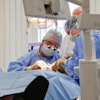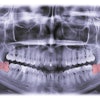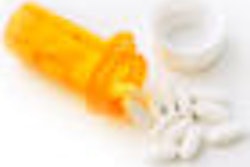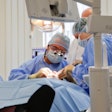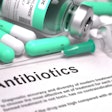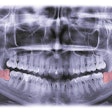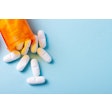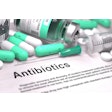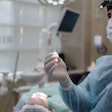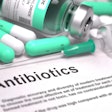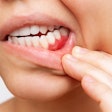Extracting wisdom teeth is a messy affair. Post-op infections are common, notes one dentist, because third molars "are usually filthy if erupted and you leave a big hole if you have to dig the tooth out."
For many dentists and oral surgeons, prescribing preoperative antibiotics is a given, to minimize post-op infections and alveolar osteitis (AO), otherwise known as dry socket. Many others give patients antibiotics after the procedure. What's best?
The debate will no doubt continue, but the preop camp just got some extra ammunition, thanks to a literature review conducted by the University of Rochester Eastman Dental Center that was published in the October 2007 issue of the Journal of Oral and Maxillofacial Surgery. The bottom line: Patients who have their wisdom teeth yanked are "twice as likely to get an infection after surgery than those who receive a single dose of antibiotics before surgery," according to a release accompanying the report. "We do not advocate ... antibiotics for every third molar surgery," said Eastman researcher Yan-Fang Ren, D.D.S., Ph.D., M.P.H. "But for patients who have risks for postoperative infections, a single dose of antibiotics before surgery is probably more effective than taking several days of antibiotics after the surgery is completed."
Dr. Ren and co-author Hans Malmstrom, D.D.S., reached this conclusion after analyzing 16 clinical trials involving 2,932 patients. Studies dating back to the 1960s showed that a single dose of penicillin before surgery reduced the incidence of AO from 24% to 3%. Later trials questioned these results, and the battle was on for the next 40 years. Drs. Ren and Malmstrom collected and evaluated randomized controlled trials and theses (published and unpublished, from around the world) from 1974 through 2007 for their meta-analysis. The duo evaluated trials based on the rigor of their design and only included clinical trials that involved systemic antibiotic prophylaxis. They accounted for timing and route of administration, and the type of antibiotic given.
What did they find? Patients receiving systemic antibiotics prior to third molar surgery were 2.2 times less likely to develop AO and 1.8 times less likely to develop wound infection. Both wide- and narrow-spectrum antibiotics were effective in reducing AO; wide-spectrum drugs were superior in battling wound infection. Certainly, say the authors, antibiotics given after surgery are not as effective in reducing AO or wound infection. The best dosing strategy? A single dose 30 to 90 minutes before surgery, followed by a course of antibiotics for three to five days after. (This approach is strongly recommended for smokers, those with poor oral hygiene, and others with known risk factors.) The revelation: a single preop dose of antibiotics is nearly as effective as this preop/post-op combination.

